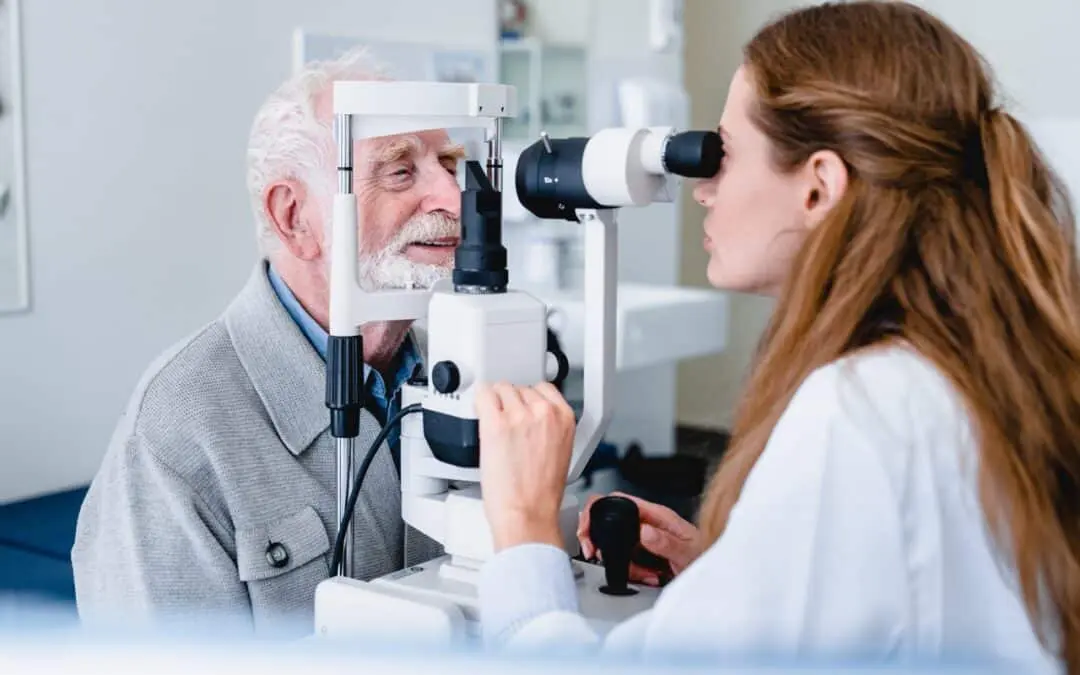All Categories
Featured
Table of Contents

Regular eye evaluations are crucial for preserving excellent vision and spotting potential eye health concerns early. The regularity of these examinations can differ substantially based on a person's age, way of life, and general health and wellness. Recognizing the recommended timetable for eye exams can aid guarantee that individuals of all ages receive ideal care and monitoring for their eye health and wellness.
Infants and Toddlers (0-2 Years)
For kids and infants, eye examinations are crucial for discovering any type of possible vision troubles beforehand. The American Academy of Ophthalmology advises that a kid's first eye examination must happen at around 6 months of age. Throughout this preliminary visit, the eye care expert will certainly examine the kid's aesthetic growth and check for any type of apparent eye problems.Following this first exam, it is suggested that youngsters have an additional eye exam at age 3. This browse through will concentrate on analyzing the youngster's overall visual feature, consisting of eye alignment and the capacity to track things. If no problems are discovered, the next exam must be set up before the child begins institution, typically around age five or six.
School-Aged Children (6-18 Years)
Routine eye tests must be set up every one to two years as soon as children get to school age. Vision is essential for discovering and growth, and numerous institutions conduct vision testings. However, these testings do not change a comprehensive eye test by an eye care professional.For kids involved in activities or sporting activities needing significant visual focus, annual eye exams might be advisable. In addition, if a child exhibits indicators of vision troubles-- such as trouble reviewing, scrunching up your eyes, or regular migraines-- a visit to the eye doctor ought to be set up asap.
Young Person (19-39 Years)
Young grownups commonly have fewer vision changes than older age, but normal eye exams stay vital. The general referral is to set up an eye examination every two years during this period. Individuals with certain threat variables-- such as a family members history of eye disease, diabetes mellitus, or those that wear get in touch with lenses-- ought to think about annual eye exams.Furthermore, those who invest significant time on digital tools may experience digital eye stress. If signs and symptoms such as dryness, exhaustion, or obscured vision happen, it may be smart to see an eye treatment professional earlier.
Adults (40-64 Years)
As people go into midlife, the probability of establishing vision troubles rises. Grownups aged 40 to 64 should set up eye tests every one to 2 years. This age team may start to experience presbyopia, an all-natural age-related condition that makes it testing to concentrate on close items. Eye exams can likewise help discover other typical age-related problems such as glaucoma, cataracts, and macular deterioration.If people in this age team have risk factors like high blood pressure or diabetes mellitus, they might call for even more constant evaluations to monitor their eye health carefully.
Elders (65 Years and Older)
For elders, regular eye exams come to be a lot more crucial. The American Optometric Organization suggests that individuals aged 65 and older have an eye test at the very least yearly. Older grownups go to a greater risk for numerous eye diseases, including cataracts, glaucoma, and age-related macular degeneration. Early detection and therapy of these problems can avoid vision loss and improve the lifestyle.Conclusion.
Understanding the proper schedule for eye examinations based on age is vital for maintaining ideal eye health and wellness throughout life. By adhering to these guidelines and seeking advice from with an eye treatment professional, people can take positive actions towards protecting their vision and overall wellness.Table of Contents
Latest Posts
Host Your Perfect Occasion: Venue Rental Alternatives for Every Celebration
Published Mar 12, 25
1 min read
The Boogaloo Sports Bar & Grill at FunCity Hotel Hotel: Where Enjoyable Satisfies Flavor
Published Feb 04, 25
1 min read
The Advantages of Personalized Furniture: Why It deserves the Financial Investment
Published Jan 27, 25
0 min read
More
Latest Posts
Host Your Perfect Occasion: Venue Rental Alternatives for Every Celebration
Published Mar 12, 25
1 min read
The Boogaloo Sports Bar & Grill at FunCity Hotel Hotel: Where Enjoyable Satisfies Flavor
Published Feb 04, 25
1 min read
The Advantages of Personalized Furniture: Why It deserves the Financial Investment
Published Jan 27, 25
0 min read